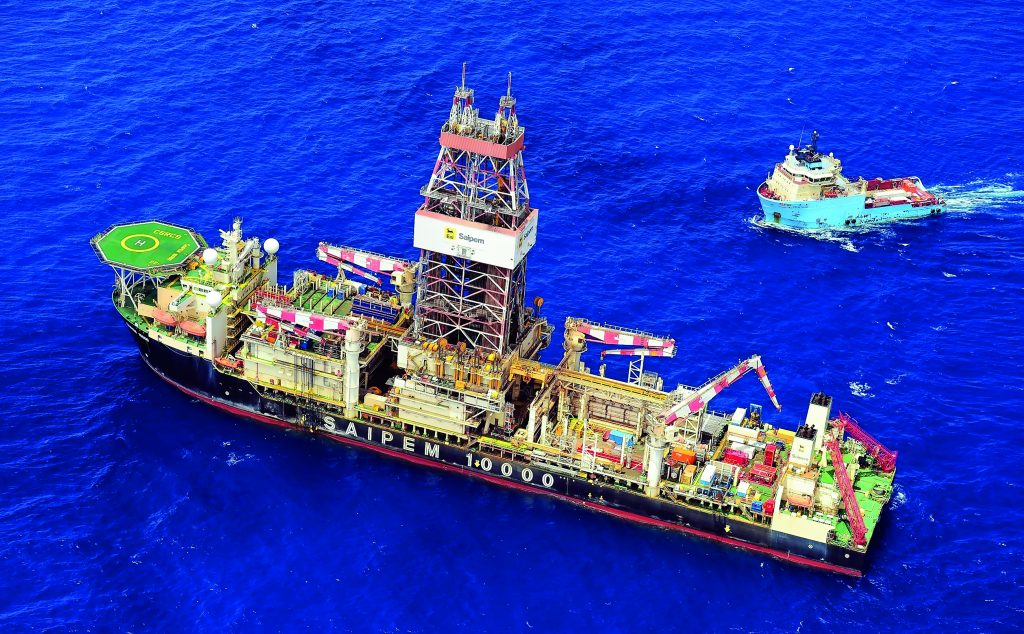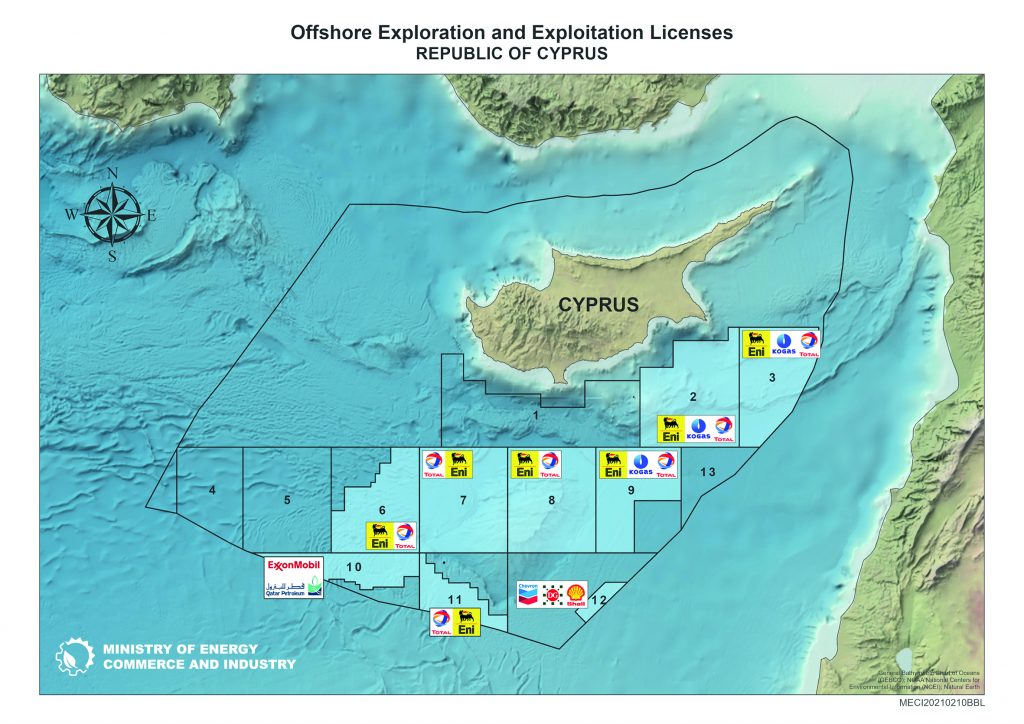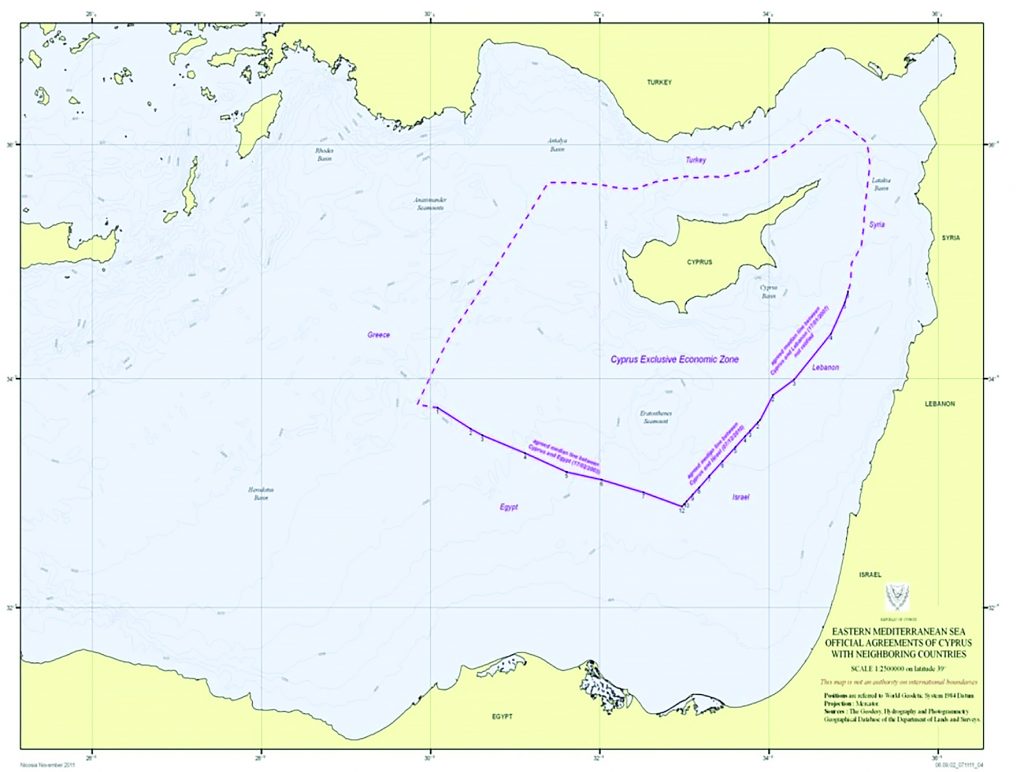Cooperation should be in the field of Energy Efficiency and Renewable Energy Sources (RES), through the exchange of experiences and expertise
Cyprus and Serbia could cooperate in Energy Efficiency and Renewable Energy Sources (RES), especially in the deployment of solar energy, for instance via exchanges of extensive experience and know-how regarding application and installations of thermal energy, solar systems as well as photovoltaic systems.

Furthermore, the Applied Energy Laboratory could participate in an exchange of know-how/experiences and practical aspects concerning the testing of solar thermal collectors and systems.
The sector of innovation and research is steadily developing activities and synergies through several universities and research centres between the two countries, in areas such as RES, energy efficiency, electricity management, energy storage and hydrogen.
Hydrocarbons
The vision of Cyprus in the field of hydrocarbons is to become part of the energy map of the Eastern Mediterranean region and acquire a decisive role in energy developments in the region. At the same time, the oil and gas industry aim at contributing to sustainable economic development and, ultimately, to the prosperity of Cyprus’s citizens.
“Natural gas will be a necessary and integral component for the Cypriot economy to achieve this transition, with all the benefits”
In this regard, the strategic goal of the Hydrocarbon Service and the Cyprus Ministry of Energy, Commerce and Industry (MECI) is the optimal and sustainable development of the hydrocarbons potential of the country, the maximization of revenues, and the development of the economy for the benefit of the society and future generations.

In addition, Cyprus, being a full Member State of the European Union (EU), by developing hydrocarbon resources within its Exclusive Economic Zone (EEZ) and building the necessary infrastructure, will enhance the European Union’s energy security supply. Cyprus can contribute towards the transformation of the eastern Mediterranean region into an area of sustainable and balanced economic development, by enhancing political stability and improving bilateral relationships, building on synergies emerging from the exploitation of hydrocarbons in the region.
Last but not least, we must not forget that natural gas is expected to play an essential role in the energy transition to a green economy and net-zero emissions, as it is more environmentally friendly than other conventional fuels. Therefore, natural gas will be a necessary and integral component for the Cypriot economy to achieve this transition, with all the benefits, such as reducing gas emissions, cleaner environment, green jobs, etc. The main goal of the MECI is, therefore, the supply of natural gas in Cyprus, something that is already on track through imports of Liquefied Natural Gas and, subsequently, the supply of our natural gas from the gas discoveries in Cypriot EEZ.

Actions
The MECI, during the last 15 years, has taken targeted actions to achieve its hydrocarbon strategy. Firstly, it reached an agreement with the neighbouring countries of Egypt, Lebanon, and Israel on the delimitation of the EEZ. After that, it launched and successfully concluded three Licensing Rounds in 2008, 2013, and 2017. As a result of these procedures, there are in force nine Exploration Licenses (for Blocks 2, 3, 6, 7, 8, 9, 10, 11, and 12). The Licensing Rounds (especially the 2nd and 3rd) attracted significant interest from major companies of the oil and gas sector, such as ExxonMobil, ENI, and Total, which shows the perspective of this frontier area.